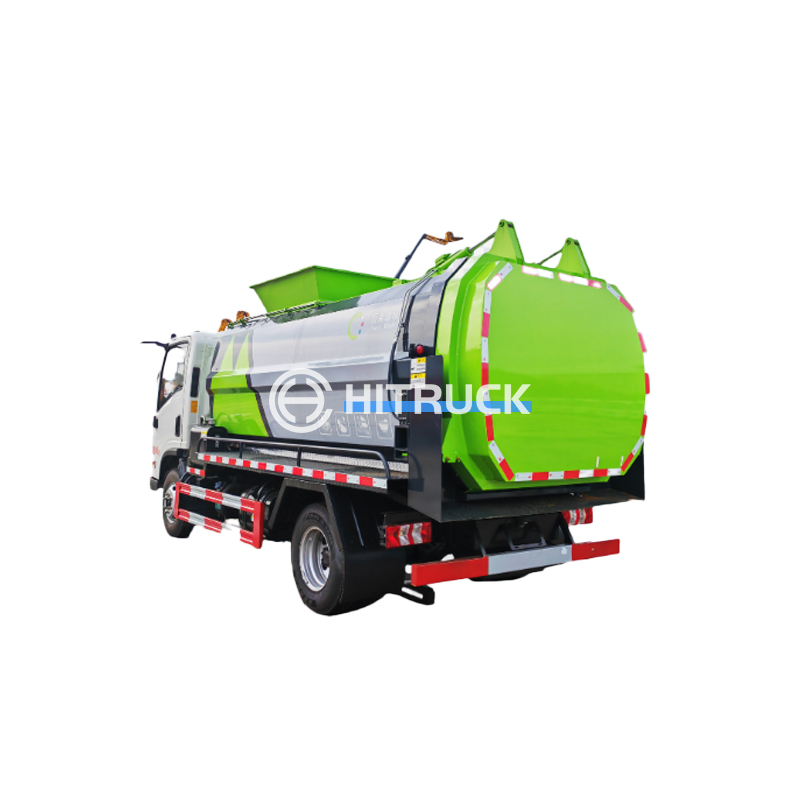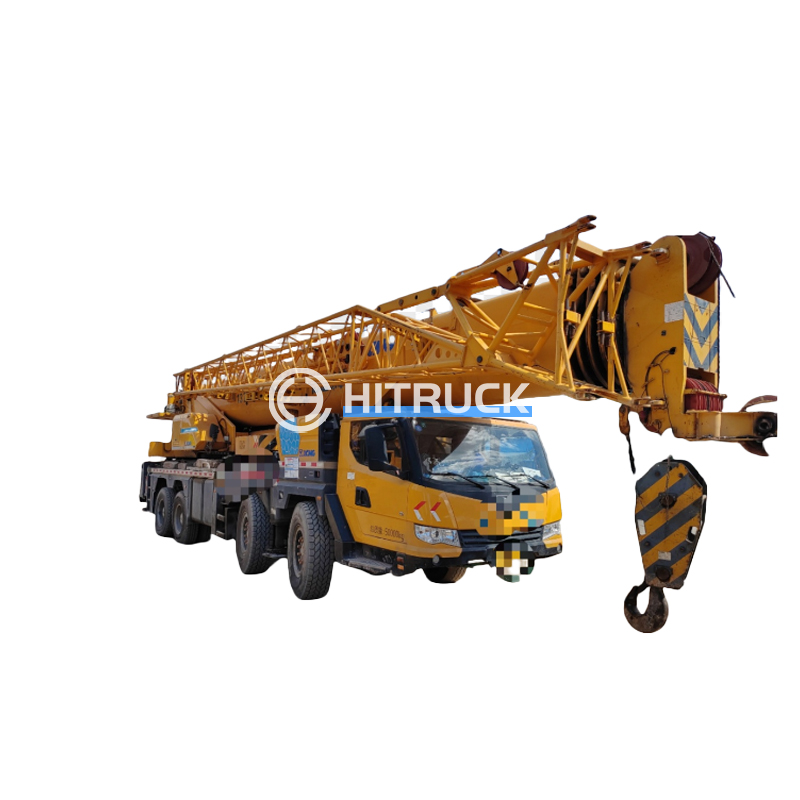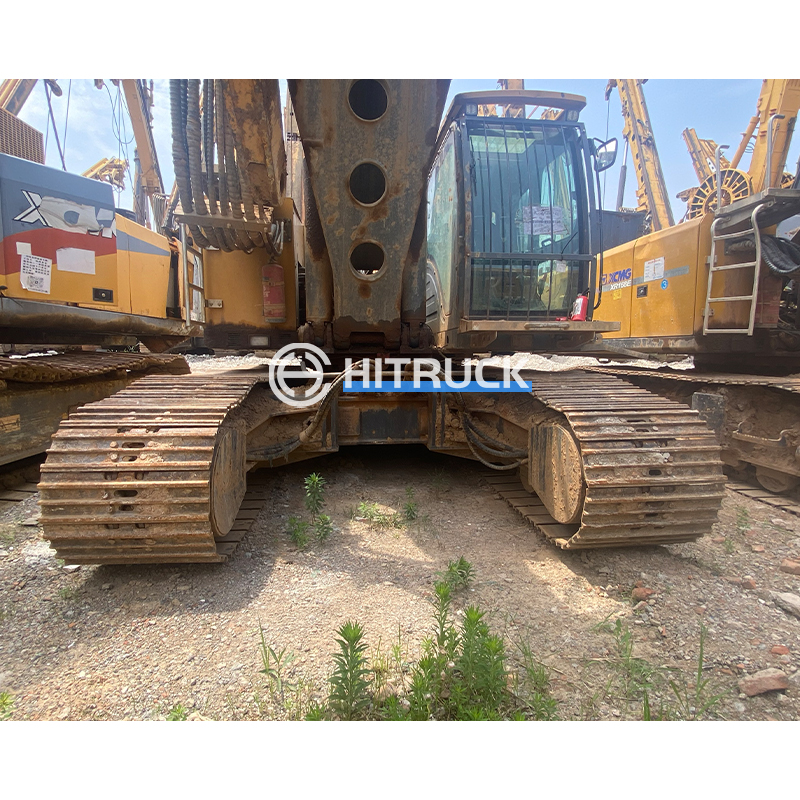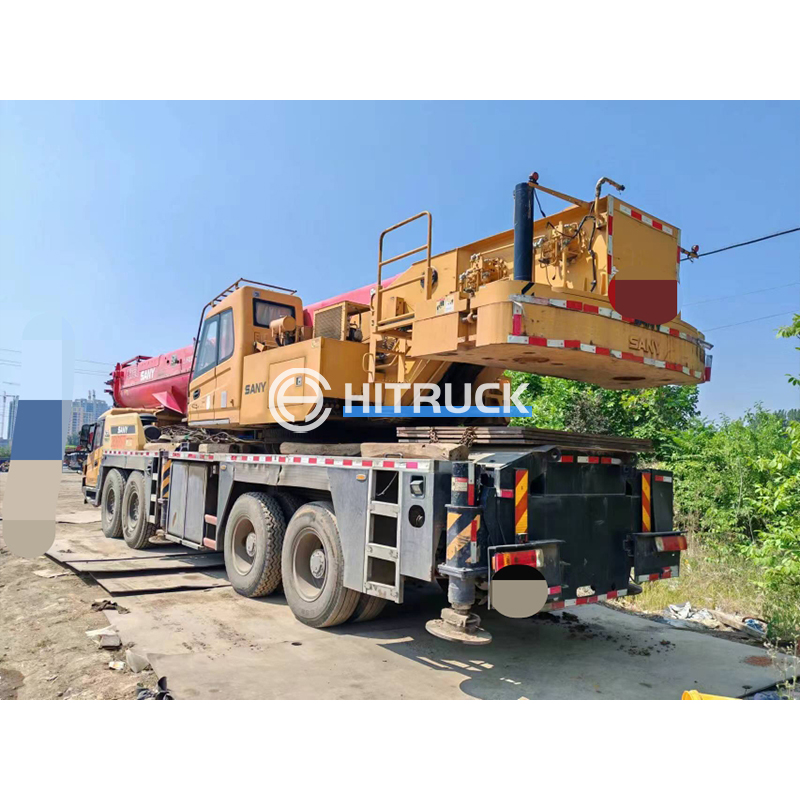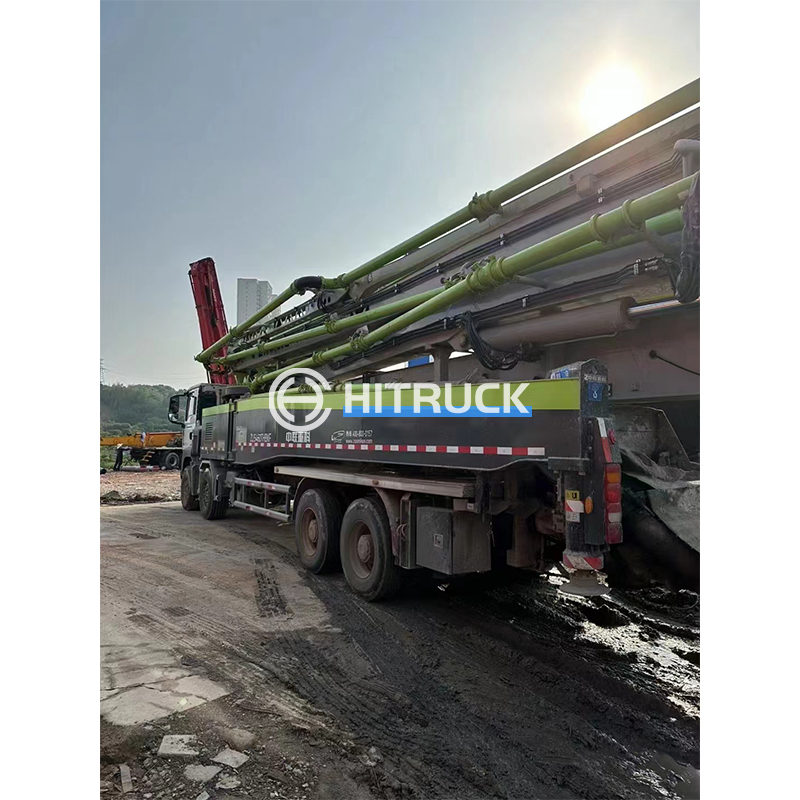Choosing the Right Small Cement Mixer Truck for Your Needs
This guide helps you navigate the world of small cement mixer trucks, providing insights into choosing the right model for your specific project. We’ll cover various sizes, features, and considerations to ensure you make an informed decision. Learn about power, capacity, maneuverability, and more to find the perfect small cement mixer truck for your needs.
Understanding Your Needs: Size and Capacity
Determining the Right Size
The ideal size of your small cement mixer truck depends heavily on the scale of your projects. Small-scale residential jobs might only require a small cement mixer truck with a capacity of a few cubic yards, while larger commercial projects could necessitate a larger model. Consider the volume of concrete you’ll need to mix and transport per day. Do you need the ability to maneuver in tight spaces? Smaller models offer superior maneuverability, making them ideal for navigating narrow streets or congested work sites. Conversely, larger trucks boast higher capacities for larger projects and might save time on multiple trips.
Key Features to Consider in a Small Cement Mixer Truck
Power and Engine Performance
The engine’s power directly impacts the mixer’s efficiency and the speed at which you can complete your projects. A more powerful engine ensures faster mixing and quicker transport times, crucial when you’re working against deadlines. Look for engines with sufficient horsepower to handle the anticipated workload without strain. Check reviews and specifications from manufacturers to compare engine performance across models. Consider fuel efficiency too – a fuel-efficient engine will translate to lower operating costs over time.
Drum Capacity and Design
The drum’s capacity is a fundamental aspect to consider. Select a drum size that aligns with your project’s concrete requirements. A larger drum means fewer trips, which can save you time and effort. The drum’s design also matters. Some drums are designed for more even mixing, leading to a more consistent concrete mix. Look into features like self-cleaning drums, which save on cleaning time. You may also want to consider the type of drum material for durability and longevity.
Maneuverability and Accessibility
For many projects, maneuverability is paramount. Smaller small cement mixer trucks are more agile and better suited for navigating confined spaces, unlike larger trucks that may struggle in tight areas. Consider the truck’s turning radius and overall dimensions to ensure it fits comfortably in your work environment. Easy access to controls and maintenance points is also vital for efficient operation and maintenance.
Choosing the Right Brand and Model
Research different manufacturers and compare their offerings. Read reviews, compare specifications, and check for warranties to ensure you invest in a reliable machine. Suizhou Haicang Automobile sales Co., LTD (https://www.hitruckmall.com/) offers a selection of reliable options, catering to various needs and budgets.

Maintenance and Operational Costs
Before purchasing, thoroughly investigate the ongoing maintenance requirements and expected operational costs. Factor in fuel consumption, regular servicing, potential repairs, and the cost of replacement parts. A small cement mixer truck with a robust design and readily available parts will often prove more cost-effective in the long run.
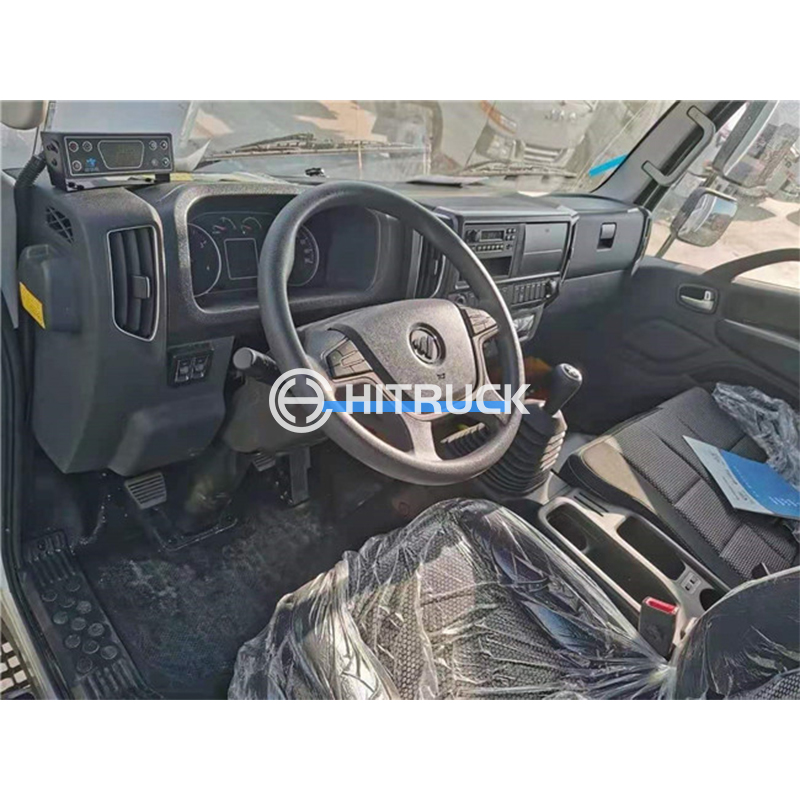
Comparison Table of Small Cement Mixer Trucks
| Feature | Model A | Model B | Model C |
| Engine Power (HP) | 50 | 60 | 75 |
| Drum Capacity (cu. yd.) | 2.5 | 3.5 | 5 |
| Turning Radius (ft) | 20 | 25 | 30 |
| Approximate Price (USD) | 15,000 | 18,000 | 25,000 |
Note: Model specifications and pricing are for illustrative purposes only and may vary depending on the manufacturer and dealer.




